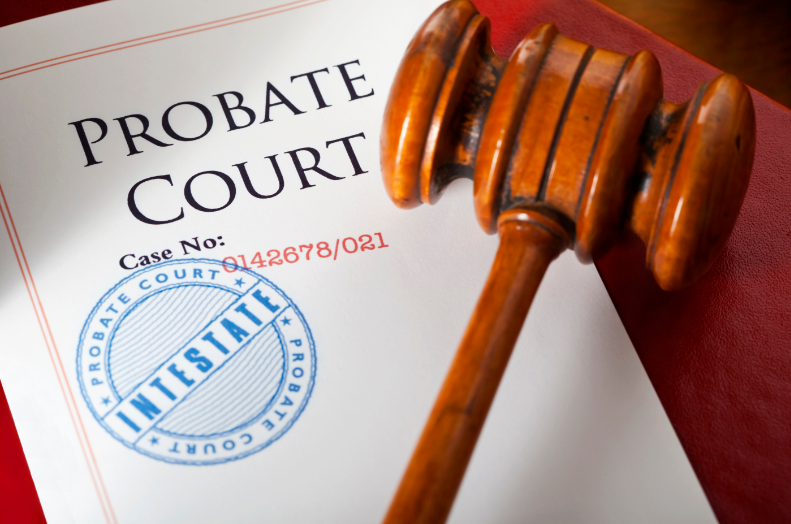Common Estate Planning Questions
What is Probate?
Probate is the process through which an executor or administrator gathers the assets of a deceased person, pays their taxes and their debts, and finally transfers any remaining assets to the decedent’s beneficiaries.
Simple Probate in New Jersey
In New Jersey, if the decedent left a simple will, or even no will, the survivors can take advantage of simplified probate. The process, which is quicker and less expensive than regular probate, is available to:
- A surviving spouse, or
- A surviving domestic partner
- If there was no will, and
- If the total value of the decedent’s assets does not exceed $50,000.
It is also available to other family members if there is no surviving spouse, no domestic partner, no will, and if the decedent’s assets do not exceed $20,000.
The survivor(s) would simply file an affidavit with their local probate court to claim the decedent’s property.
What Does Probate Entail?
For estates that require probate, the following steps would occur:
• The person named as executor in the will would petition the court for formal appointment as executor of the estate.
• The named executor would supply the court with the will and a certified copy of the death certificate.
• If no will exists, or the named executor isn’t available, the probate court will appoint an administrator.
• The court will issue a document to the executor or administrator which gives that person both the duty and the authority to do the following:
• collect and inventory the deceased person’s assets, and secure them
• seek professional appraisal of the assets, if necessary
• pay debts and taxes, and
• distribute the remaining property as directed by the will or the law.
The executor or administrator must give notice of the proceedings to all heirs and beneficiaries. This must be done within the first sixty days after the will is admitted to probate.


